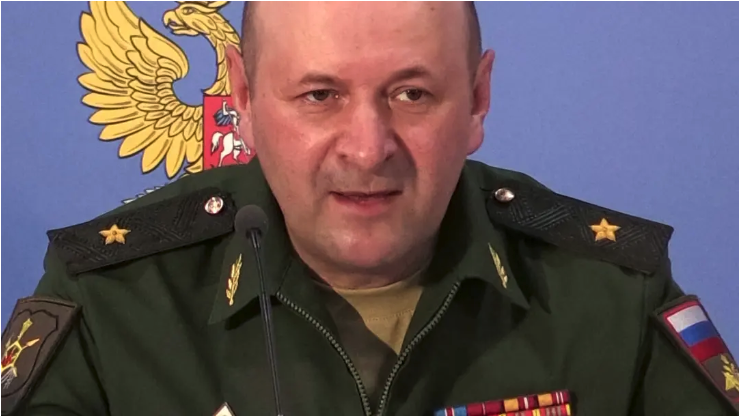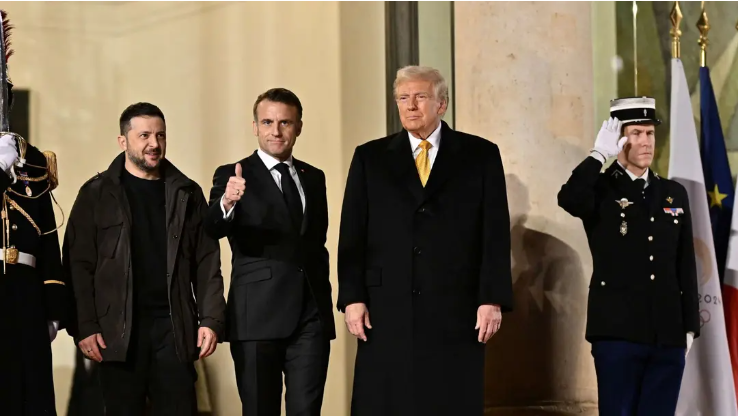Putin Approves Russia's Revised Nuclear Doctrine
Russian Pres. Vladimir Putin on Tuesday signed a decree revising the country's nuclear weapon doctrine, lowering the threshold for when first-use of such weapons can be deployed....
0:00
/1861
Facts
- Russian Pres. Vladimir Putin on Tuesday signed a decree revising the country's nuclear weapon doctrine, lowering the threshold for when first-use of such weapons can be deployed.[1]
- According to the publicly available document, scenarios in which a non-nuclear country attacks Russia with the involvement or backing of a nuclear state will now be considered a joint attack in which a nuclear response is possible. The same applies if a non-nuclear attack is deemed a critical threat to the nation's sovereignty, as well as that of its ally Belarus.[2]
- The revisions, first outlined by Russia in September, were approved days after US Pres. Joe Biden reportedly granted Ukraine expanded permissions to use long-range missiles to strike Russian territory.[3][4]
- Responding to questions from reporters, Kremlin spokesman Dmitry Peskov denied that changes to Russia's nuclear doctrine came as a result of any expanded permissions granted to Ukraine. 'The president himself stated that the preparation of the amendments was in the final stage,' Peskov said. 'The updated document was released on schedule.'[5]
- Later on Tuesday, Russia's defense ministry stated that Ukraine fired US-supplied long-range missiles — namely the Army Tactical Missile System — in an attack on the country's Bryansk region earlier in the day. In a statement, it said five missiles were shot down while one was damaged, with its debris causing a fire at a military facility that it said was soon extinguished.[6]
- Meanwhile, following reports of expanded US permissions to Ukraine, a report in the French outlet Le Figaro initially suggested that France and the UK had followed suit by allowing Ukraine to strike Russia with SCALP and Storm Shadow missiles. Without clarification, that information has since been removed from the article.[7]
Sources: [1]TASS (a), [2]TASS (b), [3]Associated Press, [4]Verity, [5]TASS (c), [6]BBC News and [7]Ukrainska Pravda.
Narratives
- Pro-establishment narrative, as provided by CNN. Putin is sending a clear signal to the West by concerningly upping the rhetoric around Russia's use of nuclear weapons. In making such a move, he is hoping that Western nations will think twice before continuing to support Ukraine.
- Pro-Russia narrative, as provided by TASS. These revisions to Russia's nuclear doctrine were put forward long ago and were approved as scheduled. This is unrelated to the US escalation of the conflict.







